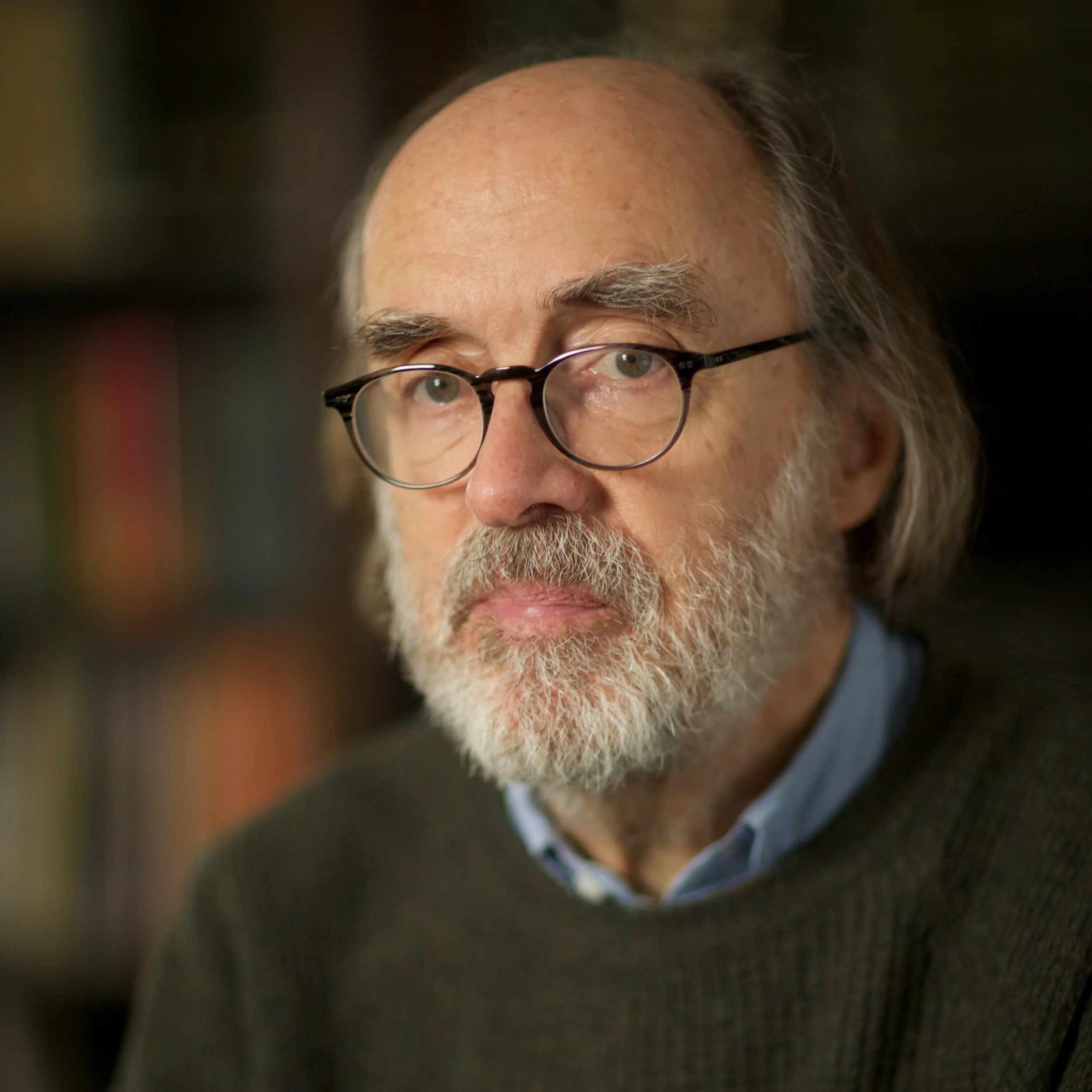IN MEMORIAM
Brinkley Messick, 1946-2025
Brinkley Messick, 1946 - 2025
Brinkley Morris Messick III, Professor Emeritus of Anthropology and Middle Eastern, South Asian, and African Studies (MESAAS) at Columbia University, passed away on August 14, 2025. Professor Messick was renowned for his innovative approach to fieldwork in the Middle East and North Africa, his elaboration of the concept of the anthropologist as reader, his groundbreaking scholarship on Islamic law, his steadfast commitment to the Palestinian cause, and his dedicated mentorship of graduate and undergraduate students.
Born in Dayton, Ohio in 1946 to Katherine Dart Messick and Brinkley Morris Messick II, Messick grew up in the Oakwood neighborhood and attended Andover Preparatory School. He earned his BA in Economics from the University of Pennsylvania in 1969, his MA in Anthropology and Near East Studies from Princeton in 1974, and his Ph.D. in Anthropology from Princeton University in 1978. He also served in the Peace Corps in Morocco.
Fluent in Arabic, including Classical Arabic and Maghrebi and Yemeni dialects, Messick specialized in interpreting historical legal texts. His work analyzed the production, circulation, inscription and subsequent interpretation of Arabic texts, including regional histories, law books, and court records. He archived the records from Yemen as a living legal tradition, and sought to understand the relation of writing and authority, such as the local histories of record keeping. His years living in Ibb, Yemen, where he cultivated lifelong relationships, informed his scholarship on Islamic legal texts, written culture, and legal anthropology. His seminal works, including The Calligraphic State: Textual Domination and History in a Muslim Society (1993), which won the Albert Hourani Prize, Islamic Legal Interpretation (co-edited, 1996), and Shariʿa Scripts: A Historical Anthropology (2018), established him as a leading authority on these topics; one who bridged the disciplines of anthropology and history. From 1993 to 1995, he received a Fulbright (CIES) grant, and in 1995, he was awarded the John Simon Guggenheim Memorial Foundation Fellowship.
Messick was an Associate Professor of Anthropology at the University of Michigan from 1993 to 1997, and joined Columbia University’s Anthropology Department in 1997. There, he collaborated with scholars like Lila Abu-Lughod, Rashid Khalidi and Mahmood Mamdani. Inspired by the work of Edward W. Said, Messick supported the Boycott, Divestment, Sanctions (BDS) movement to address Palestinian injustice. In 2010, he co-founded the Center for Palestine Studies at Columbia University to create an academic home for students and scholars interested in Palestine. He served as Co-director of the Center with Khalidi from 2010-2015.
Messick also served as Director of the Middle East Institute at Columbia from 2015-2024. As Chair of the Anthropology Department at Columbia from 2004 to 2011, he demonstrated exceptional leadership, collegiality, and positivity. He promoted interdisciplinary initiatives and collaboration between faculty members and the administration.
Messick’s research and teaching extended to his abiding passions of photography and woven textiles. In addition, at the time of his passing, he was working on a book about questions of truth, method, and evidence. His legacy endures through his scholarship, his advocacy for Palestine, and his impact on Columbia University.
Messick is survived by his children, Robert Tyler Messick, Hayley Seeley Coupon, and Brigitte Eva Seeley-Messick, and by his brother, Joseph Dart Messick (Janet Kennedy Messick). Donations in his memory can be made to the Center for Palestine Studies at Columbia University. Details regarding a memorial service will follow.

